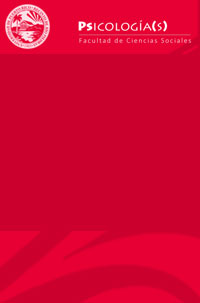Abstract
The pandemic that is currently wreaking havoc on humankind has not only raised the issue of our biological weakness but has, in a complementary manner, accentuated one of our psychological characteristics, namely a tendency to magnify the disasters that have befallen us throughout (human) history. This is an enormously useful facture to those who capitalize on it with spurious intentions, usually politician-economic. The concept of "catastrophism" acquires all the meanings uses that can be resorted to in order to achieve any of those goals. This concept is inextricably bound up with the final propensity of the human psyche, always seeking the closure of all the events that cross its path, from the most elementary everyday occurrences to those that are transcendental and definitive. Nevertheless, although the glorification of misfortunes is at odds with the calm unfolding of history, in a complementary manner, it serves the purpose of reminding us that its development does not proceed on a bed of roses.

This work is licensed under a Creative Commons Attribution-NonCommercial-NoDerivatives 4.0 International License.

